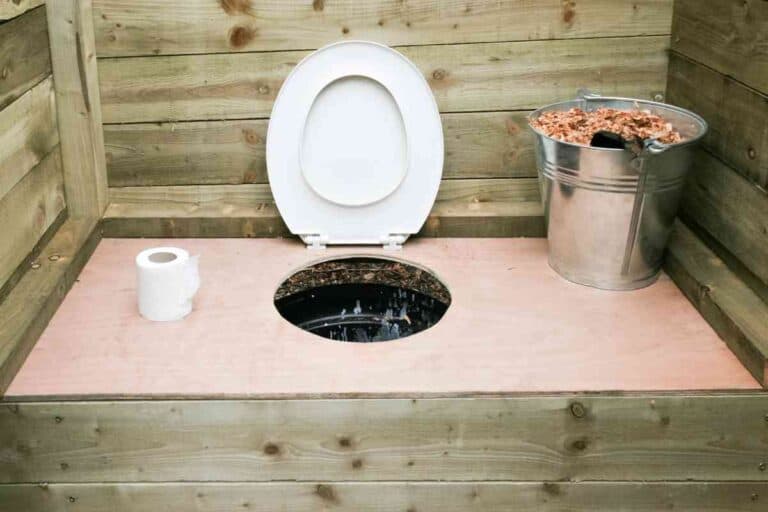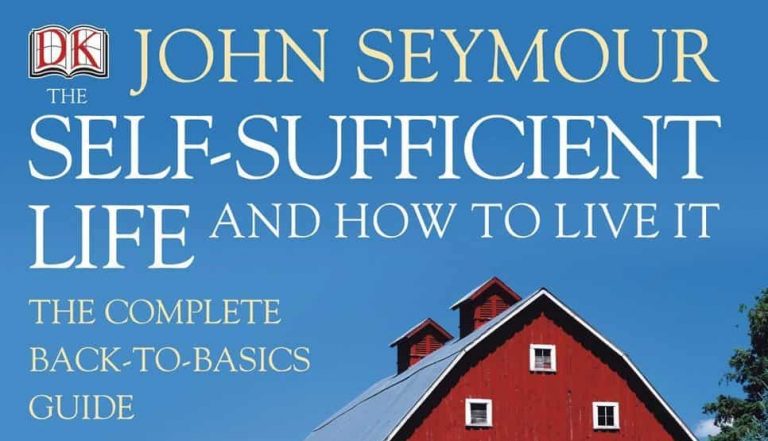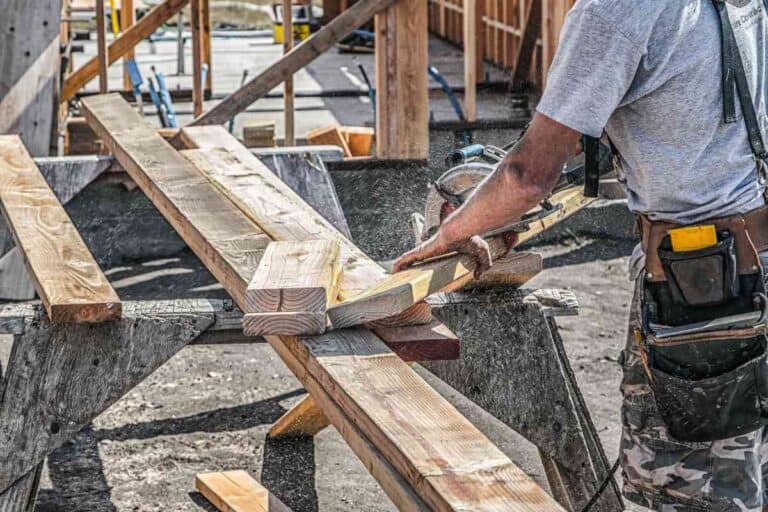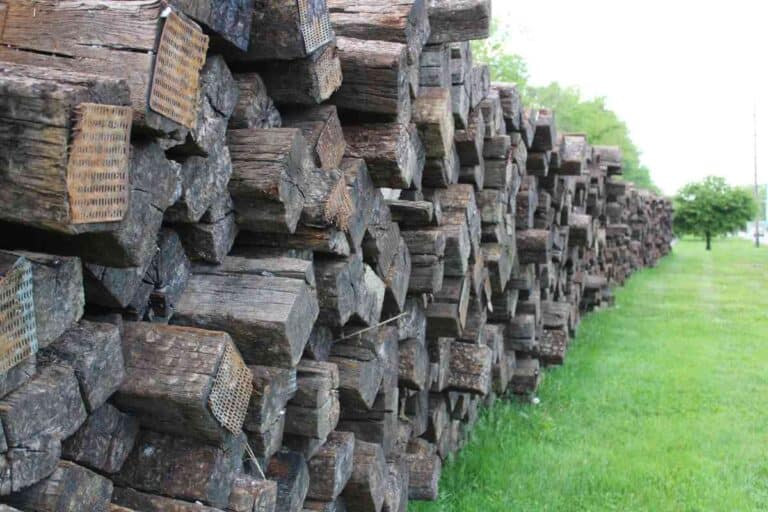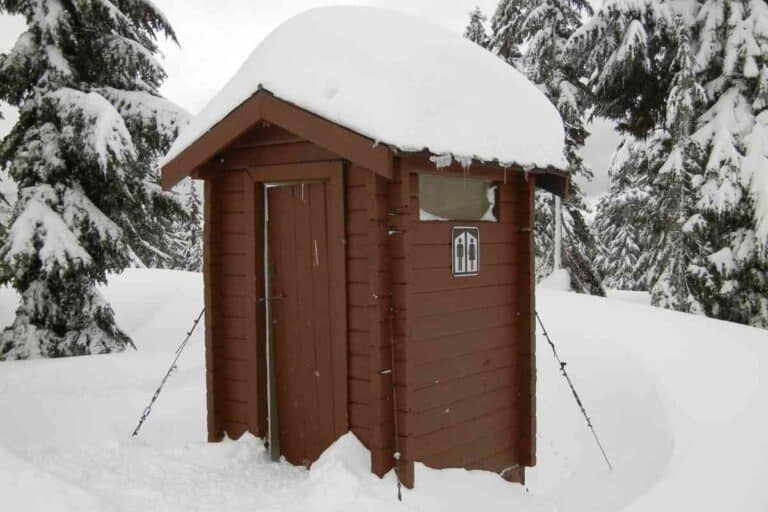Best States for Off-Grid Living: Homesteading Paradise
The best states for off-grid living in the U.S. offer a range of benefits and challenges as more people increasingly seek to generate their own power, source water, and manage waste for a sustainable lifestyle.
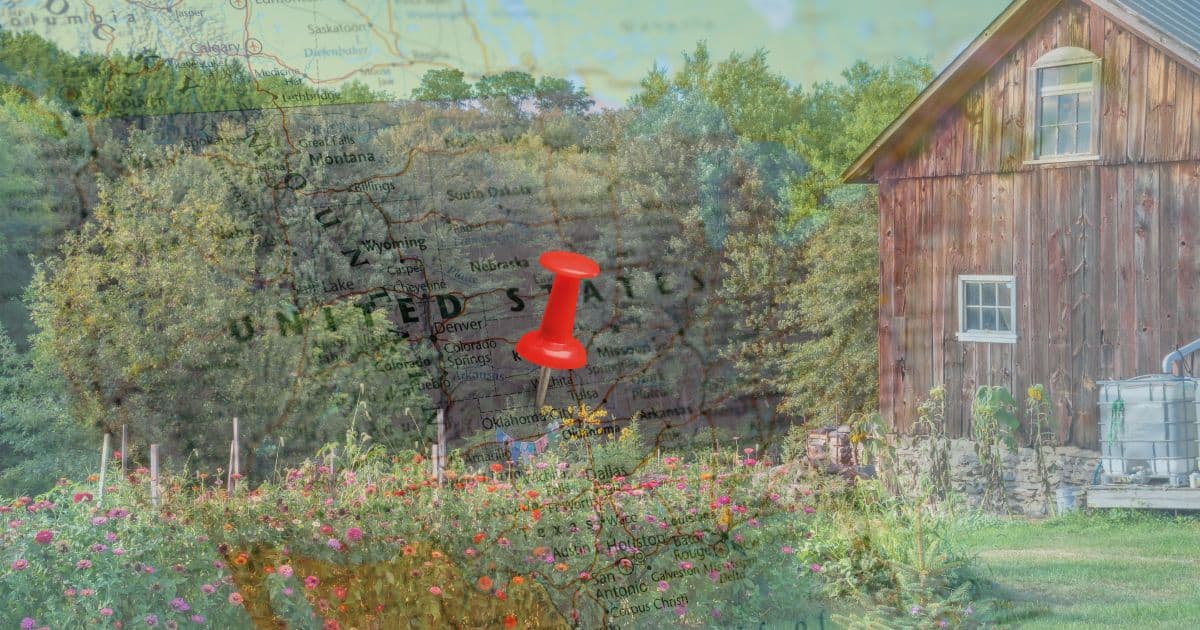
The best states for off-grid living are those with favorable geography, climate, natural resources, lenient regulations, and supportive communities.
When choosing a location, factors include the availability of renewable energy sources, the cost of land and housing, state and local laws regarding off-grid living, and other practical considerations such as access to medical care and job opportunities.
Key Takeaways
- Off-grid living involves establishing a self-sufficient lifestyle with minimal reliance on public utilities.
- The best states for off-grid living offer a combination of favorable geography, resources, and supportive regulations.
- Important factors to consider when choosing a location include energy sources, land costs, state laws, and access to essential services.
Understanding Off-Grid Living
Off-grid living is a lifestyle choice that emphasizes self-sufficiency and independence from the traditional power grid.
In this lifestyle, you need to consider various factors to find the best states for living off the grid successfully. Land prices, renewable energy resources, water sources, and the possibility of raising livestock are essential aspects you should evaluate.
Land prices vary greatly between states, making it a crucial consideration for new homesteaders.
Affordable land is vital for establishing your off-grid homestead at a reasonable price. To increase your financial stability, consider exploring 15 Ways You Can Make Money on Just One Acre of Land, which may provide additional income for your venture.
Renewable energy is a key aspect of off-grid living, and different states offer varying resources for harnessing solar, wind, or hydro power.
Solar panels are particularly popular among off-grid enthusiasts, as they provide a sustainable and reliable power source with minimum maintenance.
To make the most of solar power, choose a location with abundant sunlight and consult local regulations concerning renewable energy installations.
Another essential aspect is water sources. Locations with reliable and clean water sources like rivers, lakes, or wells can make your off-grid life more manageable.
Keep in mind that state regulations may affect your access to these water sources, so research the legal aspects before settling in a specific area.
Lastly, consider raising livestock and farm animals as a part of your off-grid lifestyle. Producing your own meat, poultry, eggs, or dairy can significantly improve your self-sufficiency.
Select states with favorable regulations and support networks for raising livestock, as well as regions that provide suitable land for grazing and maintaining farm animals.
In summary, the best states for off-grid living provide affordable land prices, ample renewable energy resources, accessible water sources, and favorable conditions for raising livestock. By taking these factors into account, you can find the state that best suits your off-grid goals.
Factors to Consider
When considering the best states for off-grid living, there are several factors that you should take into account. These factors can greatly impact your experience and success in living off the grid.
One important factor is the cost of land. Some rural areas are more affordable than others, with low property taxes and a lower cost of living. Water availability is another critical aspect, as having a reliable water supply is essential for off-grid living.
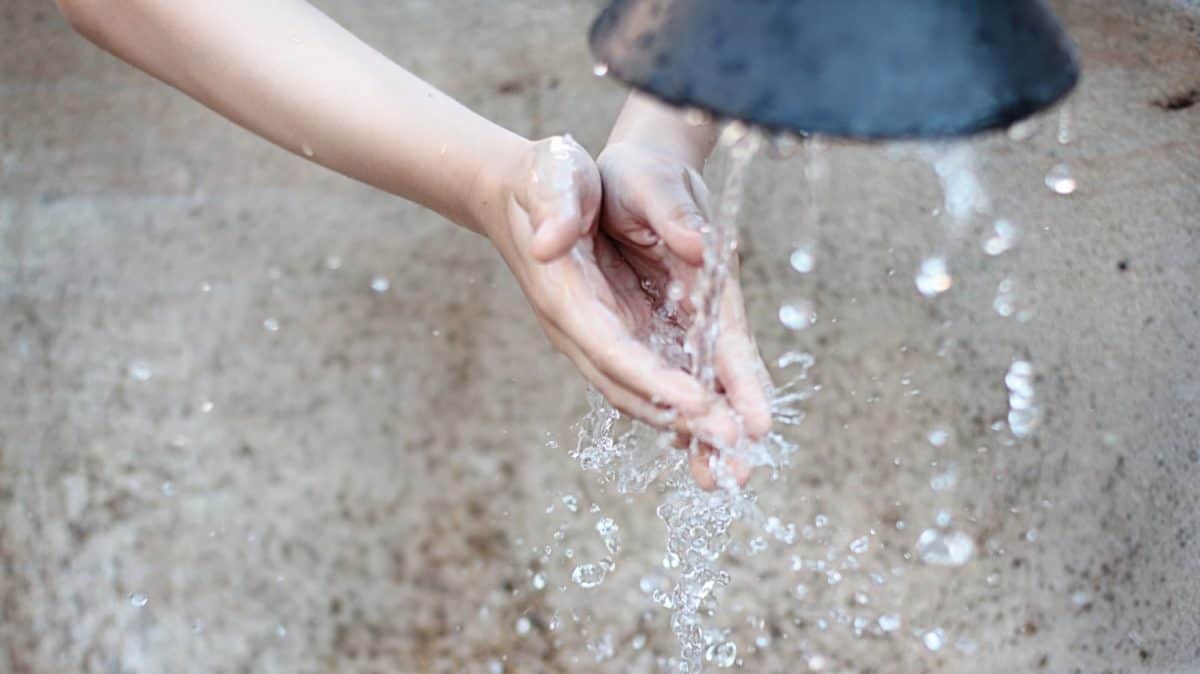
Additionally, the cost and requirements for installing a septic system can vary depending on the state.
Climate plays a crucial role in determining a suitable location for off-grid living. A state with a temperate climate and long growing season is ideal, as it allows for more self-sufficiency in terms of food production.
A mild climate with average high temperatures within a comfortable range will also help save energy costs for heating and cooling. However, some people may prefer a cold or warm climate depending on personal preferences.
Here’s a brief comparison of some factors for off-grid living:
| Factor | Ideal State | Less Ideal State |
|---|---|---|
| Climate | Temperate, mild, long growing season | Extreme temperatures, short growing season |
| Cost of living | Low property taxes, affordable land | High cost of living, expensive land |
| Water availability | Reliable water supply, easy access | Limited water supply, difficult access |
| Septic system | Straightforward installation, reasonable cost | Complicated installation, high cost |
Remember, there is no one-size-fits-all answer to the best state for off-grid living, as personal preferences and needs may differ. Taking a closer look at each state’s specific conditions, including factors such as climate, land cost, and water availability, will ultimately help you decide which location is the perfect fit for your off-grid lifestyle.
Energy Sources for Off-Grid Living
When considering off-grid living, it’s essential to explore the various energy sources that can power your home.
Renewable energy options like solar panels, wind turbines, and hydro power can provide a reliable and eco-friendly way to generate electricity. These sources are not only sustainable but also help in reducing your reliance on the electrical grid.
Solar energy is a popular choice for off-grid living, as it harnesses the sun’s power to generate electricity. You can install solar panels on your property, and with proper orientation and enough sunlight, they can generate sufficient energy to meet your daily needs.
Solar power offers a clean and renewable source of energy, and advances in technology make this option increasingly efficient and affordable.
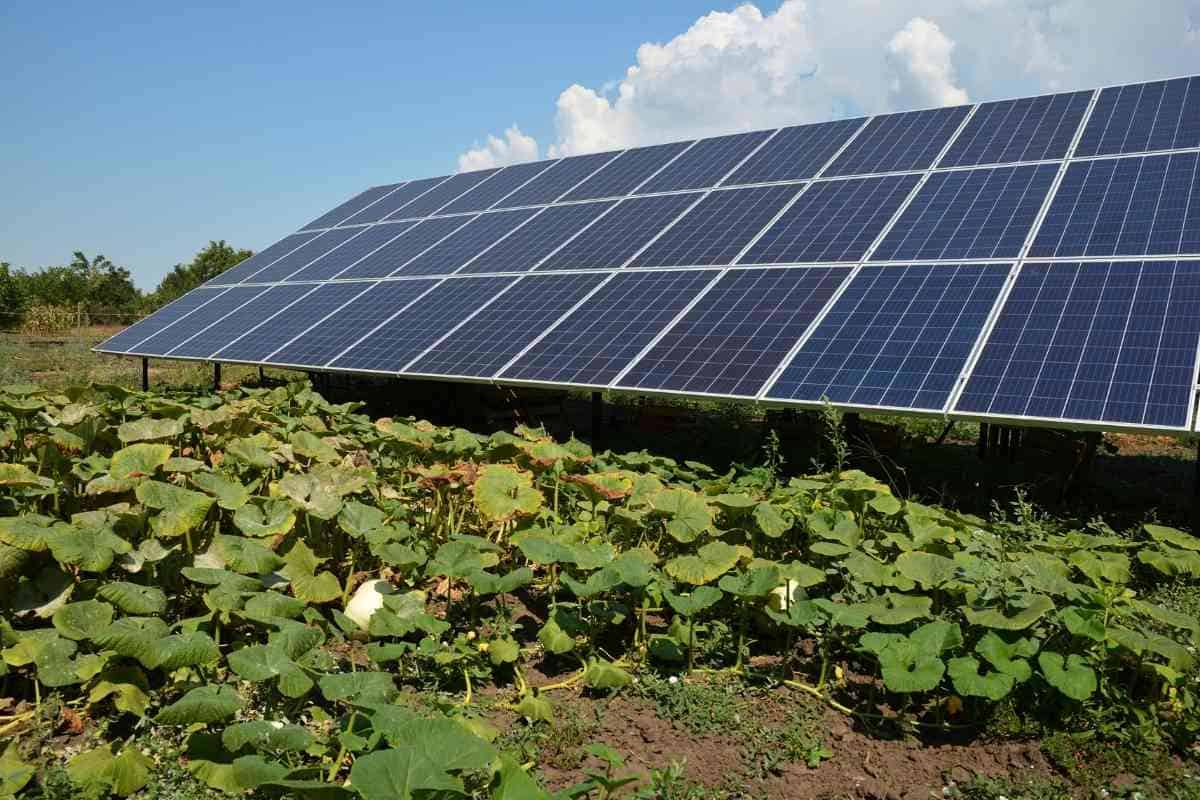
Wind power is another viable option for off-grid living, particularly in areas with consistent and strong winds. By installing wind turbines on your property, you can harness the wind’s energy to produce electricity.
The amount of energy generated by wind turbines depends on factors such as wind speed, turbine size, and tower height. Keep in mind that, like solar power, wind energy production can be intermittent and may require a backup system or battery storage to ensure a steady power supply.
While hydro power might not be feasible for everyone, if you have access to a steady water flow on your property, it can be an excellent option for off-grid energy production. A small-scale hydroelectric system can generate a significant amount of power, allowing you to become less reliant on the traditional power grid.
Here’s a quick comparison of these three renewable energy sources:
| Renewable Energy Source | Advantages | Disadvantages |
|---|---|---|
| Solar Power | Clean and renewable, low maintenance | Intermittent, requires sunlight |
| Wind Power | Renewable, no emissions | Intermittent, requires favorable wind conditions, noise |
| Hydro Power | Consistent energy production, high efficiency | Requires access to a water source, potential environmental impact |
When planning your off-grid energy system, it’s crucial to analyze your unique energy needs, location, and available resources. Depending on your situation, you might choose to combine multiple renewable energy sources to ensure a consistent and reliable power supply. For example, solar panels and wind turbines can work together to provide electricity during the day and night, or during periods when one source is less productive.
By choosing the right combination of renewable energy sources, you’ll be well on your way to successfully living off the grid and reducing your dependence on traditional power sources.
Top States for Off-Grid Living
When considering off-grid living in the United States, some states stand out for their natural beauty, abundant natural resources, and favorable conditions. Here, we look into some top states for off-grid living.
New Mexico is an excellent choice for off-grid living, offering vast expanses of land and a low population density. The state’s climate is generally favorable, with degrees Fahrenheit varying from mild to hot, depending on the location. Additionally, New Mexico’s natural resources allow for self-sufficiency and sustainable living.
North Carolina is another great option for those seeking to live off the grid. As a southern state, it has a pleasant climate, while its diverse landscape includes both coastal regions and the Appalachian Mountains. Small towns and low crime rates appeal to those who desire a quieter, safer haven away from more densely populated areas.
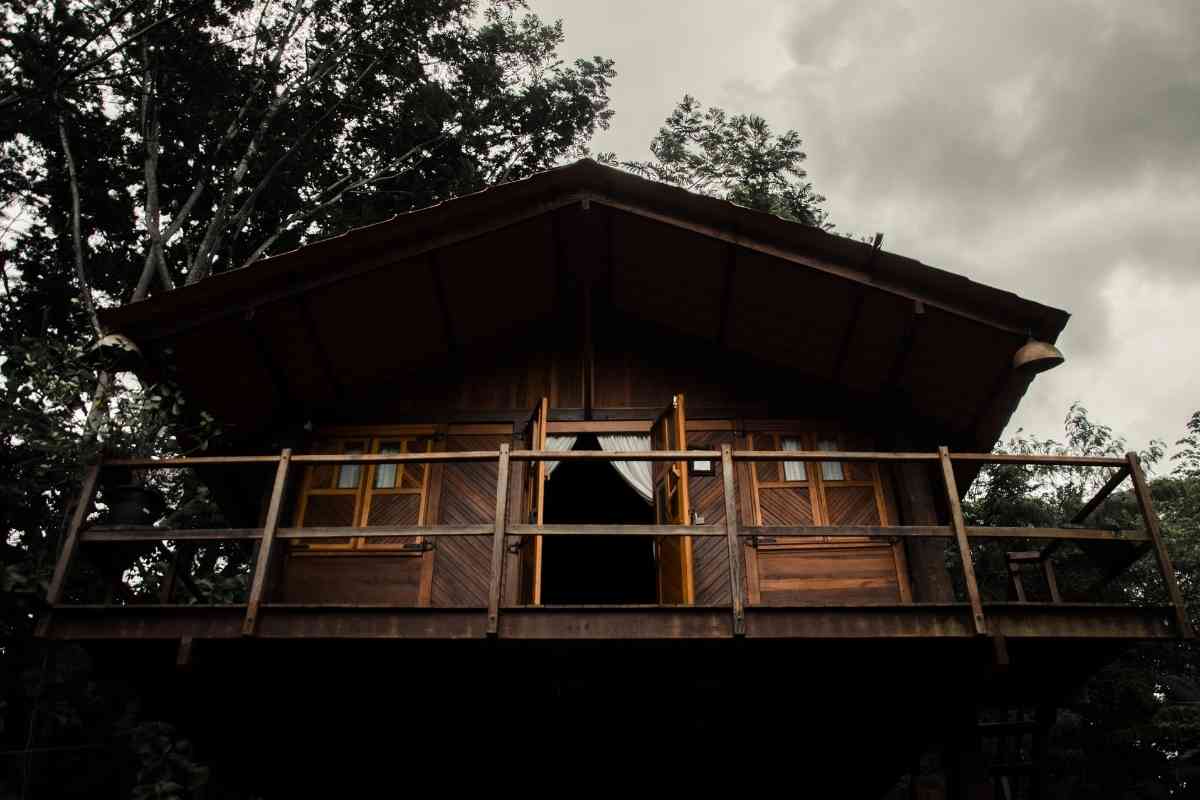
The rugged, rural landscape of West Virginia is ideal for off-grid living. High availability of land and a low population density provide plenty of opportunities for self-sufficient lifestyle seekers. Furthermore, the state’s natural beauty includes dense forests and inviting public lands.
New Hampshire is a top choice for off-grid living in the northern part of the United States. With low population density and picturesque small towns, residents enjoy unlimited access to natural resources and outdoor activities. The state’s climate can be chilly, but the abundant woodlands provide a steady supply of fuel for heating homes during colder months.
Despite being a northern state known for its cold climate, North Dakota presents some advantages for off-grid living. The state offers low-cost land, abundant wildlife, and natural resources that make it a viable option for self-sufficient living.
In California, the differences between the northern and southern regions provide unique opportunities for off-grid living. Northern California offers abundant forests, mountains, and a cooler climate, while Southern California boasts a desert landscape, warmer temperatures, and various sustainable living communities. However, it’s essential to research land regulations, as the state can have strict building codes.
While New Jersey may not be the first state that comes to mind when considering off-grid living, some areas offer a surprising escape from the high population density typical of the state. Natural beauty abounds in the form of small towns, forests, and coastal areas, providing ample opportunities for a self-sufficient lifestyle.
Various states across the United States provide notable opportunities for off-grid living. The right location ultimately depends on your specific preferences, such as climate, surroundings, and access to resources. By considering factors like natural beauty, low crime rates, and population density, you can make the most informed decision for embracing an off-grid life.
State Laws and Regulations
When considering off-grid living, it’s crucial to understand the impact of state laws, zoning laws, and water rights on your decision. Each state has different regulations that can either encourage or hinder your off-grid lifestyle.
Some states are more off-grid friendly, like Alaska, where there is a vast expanse of land and a culture of self-sufficiency. In Alaska, you can choose to live on a remote homestead without much interference from neighbors and local government, making it ideal for your off-grid adventure.
In contrast, states like California have stringent zoning laws that can limit your ability to build alternative housing structures, such as tiny houses or earthships. These regulations may affect your off-grid living plans and require you to adapt your designs to comply with local rules.
Water rights play a significant role in off-grid living, as accessing a reliable water source is essential for your survival. States like Colorado have strict water laws that can complicate your ability to use rainwater or drill a well. In other states, like Texas and Arizona, residents can harvest rainwater and access groundwater more freely.
To better understand the state laws and regulations concerning off-grid living, consider the following table:
| State | Off-grid Friendliness | Water Rights | Zoning Laws and Regulations |
|---|---|---|---|
| Alaska | High | Moderate (depends on location) | Fewer restrictions, depends on the local municipality |
| California | Low | Strict | Strict, requires compliance with zoning and building codes |
| Colorado | Moderate | Strict | Varies by county and local municipality |
| Texas | High | Relaxed | Varies by county, generally more flexible |
| Arizona | High | Moderate | Varies by county, usually permits alternative housing |
Before you embark on your off-grid journey, research the specific laws and regulations in your chosen state and understand how they will affect your plans. Being knowledgeable about these factors will help you make informed decisions and ensure a smoother transition to your new off-grid lifestyle.
Challenges of Off-Grid Living
Living off the grid can be a rewarding experience, but it also presents several challenges. One of the primary concerns for those considering off-grid living is the potential impact of natural disasters.
For instance, you may need to prepare for events such as hurricanes, tornadoes, floods, wildfires, or earthquakes depending on your chosen location. Additionally, some regions experience harsh winters, which can make off-grid living more demanding due to the need for heating and snow removal.
Another challenge when choosing a location for off-grid living is navigating strict building codes. Some states or counties enforce rigorous regulations that may pose obstacles for developing off-grid properties. These rules can include restrictions on building materials, construction methods, and the use of alternative energy systems.
Obtaining a reliable water supply is crucial for off-grid living. You may need to rely on well water, rainwater harvesting, or another alternative water source. Ensuring that you have access to a sufficient amount of clean water can be difficult, especially in dry or seasonal climates.
Similarly, off-grid properties often require alternative sewage systems, such as composting toilets or septic tanks.
Proper disposal of waste is essential to maintain a healthy living environment and prevent contamination of your water supply. Installing and maintaining these systems can be a complicated process and may require specialized knowledge or skills.
In summary, some of the challenges of off-grid living include:
- Preparing for and mitigating the risks of natural disasters
- Dealing with strict building codes and regulations
- Securing a reliable water supply
- Managing alternative sewage systems
- Coping with harsh weather conditions
Make sure you research and plan carefully before embarking on an off-grid lifestyle so you can be prepared to tackle these challenges as they arise.
Related Reading
- Does Georgia Allow Off-Grid Living?
- The 8 Best And Worst States For Buying Cheap Hunting Land
- What is The Best Place to Build a Container Home?
- Where Can I Live Off Grid in Canada? (Answered!)
- Building An Earthship In California: Laws, Codes, And Tips
- Do I Need A Permit To Build An Off-Grid Cabin? Solved!
- Do I Need a Permit for Off-Grid Solar? (Answered!)
- Can I Live In A Yurt On My Own Land?
- 8 Best off-grid Toilets for Homesteading, Camping, RVs
- The Total Cost of Starting Your Own Homestead
Frequently Asked Questions
What are the most affordable states for off-grid living?
When considering off-grid living, affordability is a crucial factor. Some of the most affordable states to consider for off-grid living include Arkansas, Missouri, and Oklahoma. These states offer a combination of low land and housing costs, which is essential for maintaining an affordable lifestyle while off the grid.
Which states have the best natural resources for living off the land?
States with abundant natural resources, such as water sources, fertile land, and forests, are great for off-grid living. Some top contenders include Oregon, Washington, and Vermont. These states provide an environment conducive to growing crops, raising animals, and accessing clean water, as well as abundant biomass for heating.
What are the top states with favorable off-grid living laws?
Laws regarding off-grid living vary by state and can significantly impact your ability to build and maintain an off-grid home. Some states with more lenient off-grid living laws include Alaska, Arizona, and Colorado. These states typically have more relaxed building codes, water rights, and less stringent regulations on alternative energy systems such as solar panels and wind turbines.
Which states have the best climates for off-grid sustainability?
The ideal climate for off-grid living will depend on your personal preferences and intended activities. Mild climates with moderate rainfall and ample sunshine – like those found in Tennessee, North Carolina, and Kentucky – offer favorable growing conditions for crops and raise livestock while allowing solar power generation. Meanwhile, colder, drier states like Wyoming or Montana may be more suitable for those who prefer a more rugged lifestyle and have experience managing extreme weather conditions.
In which states is it easiest to find off-grid communities?
Off-grid communities can be found across the United States, but some states, such as Oregon, Washington, and Maine, have larger concentrations of off-grid residents and communities due to their progressive attitudes toward alternative living and their abundant natural resources. Networking and connecting with like-minded individuals in these areas may ease the transition to off-grid living.
What are the best states for off-grid homesteading?
Successful off-grid homesteading depends on a combination of favorable factors, including natural resources, climate, affordability, and local laws. Some of the best states for off-grid homesteading include Missouri, Tennessee, and Idaho. These states offer a balance of affordable land, moderate climates, and a welcoming environment for off-grid living.


